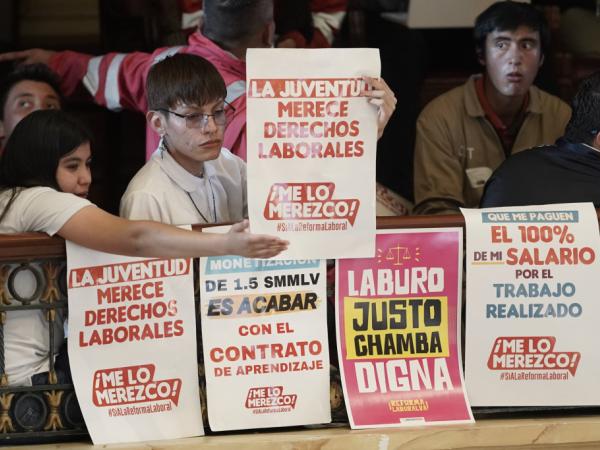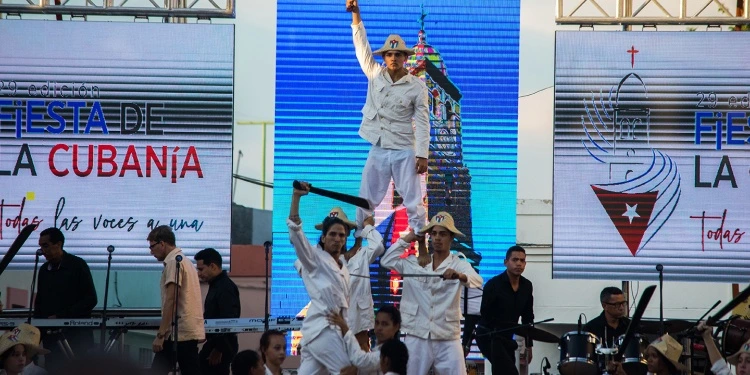The labor reform of Gustavo Petro’s government remains alive in the Congress of the Republic, after be approved in the second debate in the plenary session of the House of Representatives. Your next stop will be Senate, where, first, it will be debated in the Seventh Commission and then, if it receives the ‘go-ahead’, it would reach the plenary session.
(See: The request they made to the Senate to correct the course of the labor reform).
Labor came out of the plenary session of the Chamber with 73 articles approved out of the 80 that were in the articles that were filed and 7 were eliminated. To those that received the ‘green light’ we must add eight new articles that were also approved out of 140 that were proposed.
So things are, The total points with which the labor reform passed were 81.
(See: Labor reform could increase costs of surveillance companies by 23%).
New articles approved
The eight articles that were added to the labor reform approved in the House are:
– Sustainable Work: reduction of carbon emissions, energy efficiency, training in sustainable practices, proposed by Congressman Julio Roberto Salazar.
– Productive activities of population deprived of liberty It will be recognized as experience by representative Pedro Suárez.
– Measures against stigmatization of reincorporated and reintegrated people, also from Pedro Suárez.
(See: What happened and what was left out of the labor reform in its second debate).
– First and last job program: Ministry of Labor will create a program for young recent graduates, incentives for companies. Ministry of Commerce will create a program for last employment by generating incentives for companies. Proposal by representative Wilder Escobar.
– Labor formalization of PAE food handlers, which will be done in 4 years: 25% will be formalized in 2025; in 2026, 50%; in 2027, 75%, in 2028, 100%. Proposal by Juan Daniel Peñuela and the Conservative Party bench.
– Flexible work environments: allowing entry to pets and emotional companionship to improve mental health and accessibility for people with disabilities. Proposal from representative Juan Carlos Losada.
(See: How was the labor reform and what effects would it have on employment and informality?).
– Formalization of passenger and cargo transport workers, written works contract, ARL covered by transport companies. Trade union association rights. The proposal was led by Congresswoman María Fernanda Carrascal.
– Marriage license: paid leave for 3 business days. It will be granted only once. The proposal was from Congressman Silvio Carrasquilla.
Labor reform.
THE TIME
The labor reform will have until June 20, 2025 to be approved in its two debates in the Senate and in conciliation. If these phases are passed, it will become a law of the Republic.
(See: ‘We are one step closer to building a fair labor system,’ Petro).
CAMILO HERNÁNDEZ M.
Digital Portfolio Editor
















